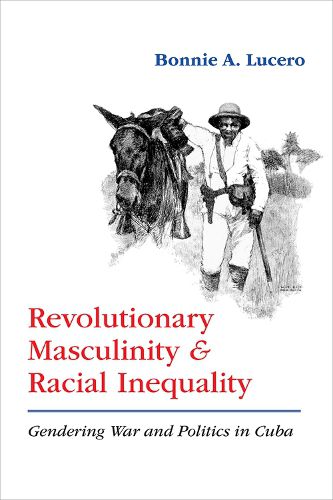Readings Newsletter
Become a Readings Member to make your shopping experience even easier.
Sign in or sign up for free!
You’re not far away from qualifying for FREE standard shipping within Australia
You’ve qualified for FREE standard shipping within Australia
The cart is loading…






One of the most paradoxical aspects of Cuban history is the coexistence of national myths of racial harmony with lived experiences of racial inequality. Here a historian addresses this issue by examining the ways soldiers and politicians coded their discussions of race in ideas of masculinity during Cuba’s transition from colony to republic. Cuban insurgents, the author shows, rarely mentioned race outright. Instead, they often expressed their attitudes toward racial hierarchy through distinctly gendered language-revolutionary masculinity.
By examining the relationship between historical experiences of race and discourses of masculinity, Lucero advances understandings about how racial exclusion functioned in a supposedly raceless society. Revolutionary masculinity, she shows, outwardly reinforced the centrality of color blindness to Cuban ideals of manhood at the same time as it perpetuated exclusion of Cubans of African descent from positions of authority.
$9.00 standard shipping within Australia
FREE standard shipping within Australia for orders over $100.00
Express & International shipping calculated at checkout
One of the most paradoxical aspects of Cuban history is the coexistence of national myths of racial harmony with lived experiences of racial inequality. Here a historian addresses this issue by examining the ways soldiers and politicians coded their discussions of race in ideas of masculinity during Cuba’s transition from colony to republic. Cuban insurgents, the author shows, rarely mentioned race outright. Instead, they often expressed their attitudes toward racial hierarchy through distinctly gendered language-revolutionary masculinity.
By examining the relationship between historical experiences of race and discourses of masculinity, Lucero advances understandings about how racial exclusion functioned in a supposedly raceless society. Revolutionary masculinity, she shows, outwardly reinforced the centrality of color blindness to Cuban ideals of manhood at the same time as it perpetuated exclusion of Cubans of African descent from positions of authority.